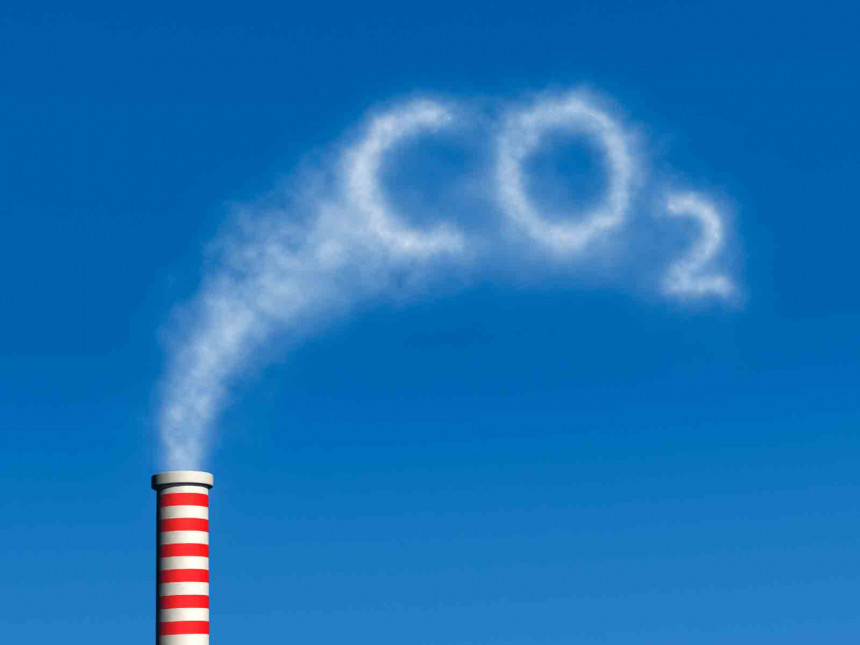
Currently, as regards preventive economic policies, we have different economic policies of a preventive nature that are able to reduce emissions of greenhouse gases. The literature usually defines these policies as cost-efficient, given that they can (Clarke, R et al, 1996) achieve a significant reduction in emissions without having to incur a very high cost.
Similarly, these policies are also cost-effective as long as they not only achieve significant cuts in gas emissions mostly emitted into the atmosphere, but also of other greenhouse gases. For example, increasing energy efficiency not only reduces emissions of carbon dioxide but also of other gases that contribute significantly to global warming. In addition, greater efficiency can make industries and countries become more competitive in international markets. However, to be effective, economic policies aimed at improving energy efficiency need the support of the public and special interest groups, that is, governments cannot be the only ones to take sides in cutting emissions - the collaboration of individuals, communities, companies and countries is also needed.
Education and citizen awareness favour energy efficiency and thus the replacement of fossil fuels with others to avoid over-exploitation of resources. For these reasons, and for other reasons which we will discuss in the following paragraphs, so far we can say that preventive economic policies are at the fundamental heart of the measures to prevent the advance of global warming (Whaley and Wigle, 2002). The option to take preventive action depends on the relationship between the costs of reducing greenhouse gas emissions and the damage these gases can cause if they are not subject to any control.
Reduce greenhouse gas emissions
Preventive economic policies to mitigate global warming have two main objectives: to reduce emissions of greenhouse gases that today are causing the most damage (CO2 and CFCs) and create sinks for them. The main mechanisms to achieve these objectives are to increase energy efficiency, reduce production and consumption of fossil fuels, replacing fossil fuels with cleaner ones, promote technological change and accelerate reforestation as being the primary sink. These mechanisms are operated through various financial instruments such as carbon taxes. The creation of sinks is one of the priority actions. The loss of natural forests in the world contributes more to global annual emissions than the very transport sector itself. Any reduction in deforestation is a highly cost-effective method of reducing carbon emissions. Additionally, the creation of markets for emission rights, the elimination of subsidies on fossil fuels, reforestation programmes and public information on energy efficiency, and so on.







